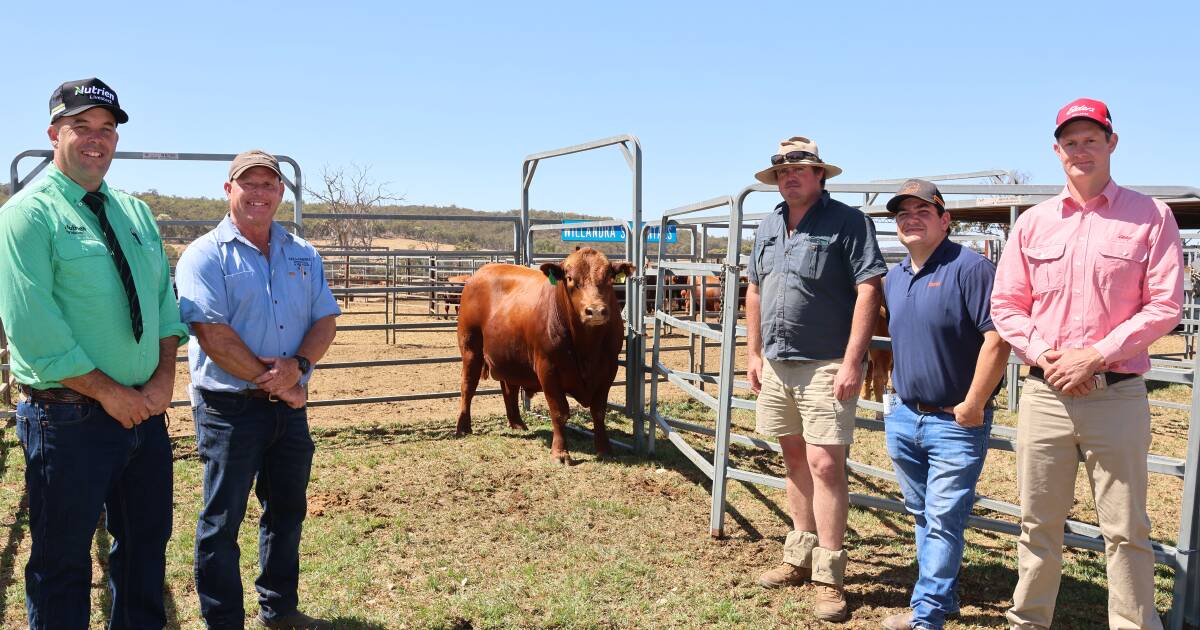
The rise of artificial intelligence (AI) presents a pivotal moment in economic history, prompting critical discussions about the future of money and wealth distribution. As the technology promises to solve complex problems and create material abundance, questions arise regarding how this wealth will be shared. Current issues in Australia’s food economy reveal stark contrasts: while approximately 7.6 million tonnes of food are wasted annually, around one in eight Australians face food insecurity due to financial constraints. This disparity raises significant concerns about equitable distribution in a future shaped by AI.
The fundamental principles of economics, as articulated by economist Lionel Robbins, focus on the relationship between ends—what we desire—and scarce resources that have alternative uses. Traditionally, markets function by allocating limited resources to meet human wants, resulting in price fluctuations based on scarcity. Yet, the potential for AI to generate abundance clashes with these established economic norms, particularly as technology threatens to displace millions of jobs. Without employment, how will individuals earn money to sustain themselves or participate in the market?
Economic challenges are not solely the result of technological advancements. Historical insights from John Maynard Keynes indicate that market dynamics can lead to unemployment, even amidst apparent prosperity. Recent events in Australia illustrate this point: the economic downturn caused by the COVID-19 pandemic highlighted the potential for policy changes to alleviate poverty. Increased government benefits, including enhanced payments and relaxed activity requirements, significantly reduced food insecurity during a time of economic contraction.
Globally, similar measures were adopted, with cash payments rolled out in over 200 countries. This experience has bolstered support for integrating technological progress with concepts like a “universal basic income” (UBI). The Australian Basic Income Lab, a collaboration among Macquarie University, the University of Sydney, and the Australian National University, is at the forefront of this research. The idea is that a guaranteed income sufficient to cover basic needs could facilitate a smoother transition into a more automated economy.
Discussions surrounding UBI often require clarification about its implications. Proponents, including researchers like Elise Klein and Stanford Professor James Ferguson, argue for a model that views UBI not as welfare but as a “rightful share.” They contend that the wealth generated through technological innovation and collective effort should be equitably distributed, akin to how natural resources are treated as shared property.
The roots of UBI discussions stretch back to early 20th-century Britain, where the challenges of industrialization and automation prompted similar debates. Historically, the introduction of new technologies has often resulted in job losses, leading to movements like the Luddites, who opposed machines that threatened their livelihoods. While market competition incentivizes innovation, it also creates uneven distributions of the benefits of technological advancement.
In contrast to UBI, some envision a system of universal basic services, as advocated by UK author Aaron Bastani. This approach suggests providing essential services—such as healthcare, education, and transportation—directly to the public rather than through financial means. Such a shift would necessitate a rethinking of how AI and other technologies are implemented, ensuring that they serve collective needs rather than individual profit.
Despite the optimism surrounding AI, it is essential to recognize that the technology alone will not usher in a utopian society. The interplay between technological advancement and ecological challenges could lead to vastly different outcomes regarding production capabilities and wealth distribution. Concerns voiced by thinkers like former Greek finance minister Yanis Varoufakis suggest a looming threat of “technofeudalism,” where control over technology replaces democratic processes with authoritarian structures.
The notion of waiting for a technological “nirvana” overlooks the existing solutions available today. The world already possesses the means to eradicate hunger and poverty; it is a matter of political will and social organization. As Ben Spies-Butcher, Associate Professor at Macquarie University, states, “We already have enough food for everyone. We already know how to end poverty. We don’t need AI to tell us.”
As the discourse around AI and its implications for our economic systems continues to evolve, it is crucial to engage in these conversations with a focus on equity and shared prosperity. The future of wealth distribution in an AI-driven world hinges not just on technological advances but on our collective choices about how to use those advances for the benefit of all.






